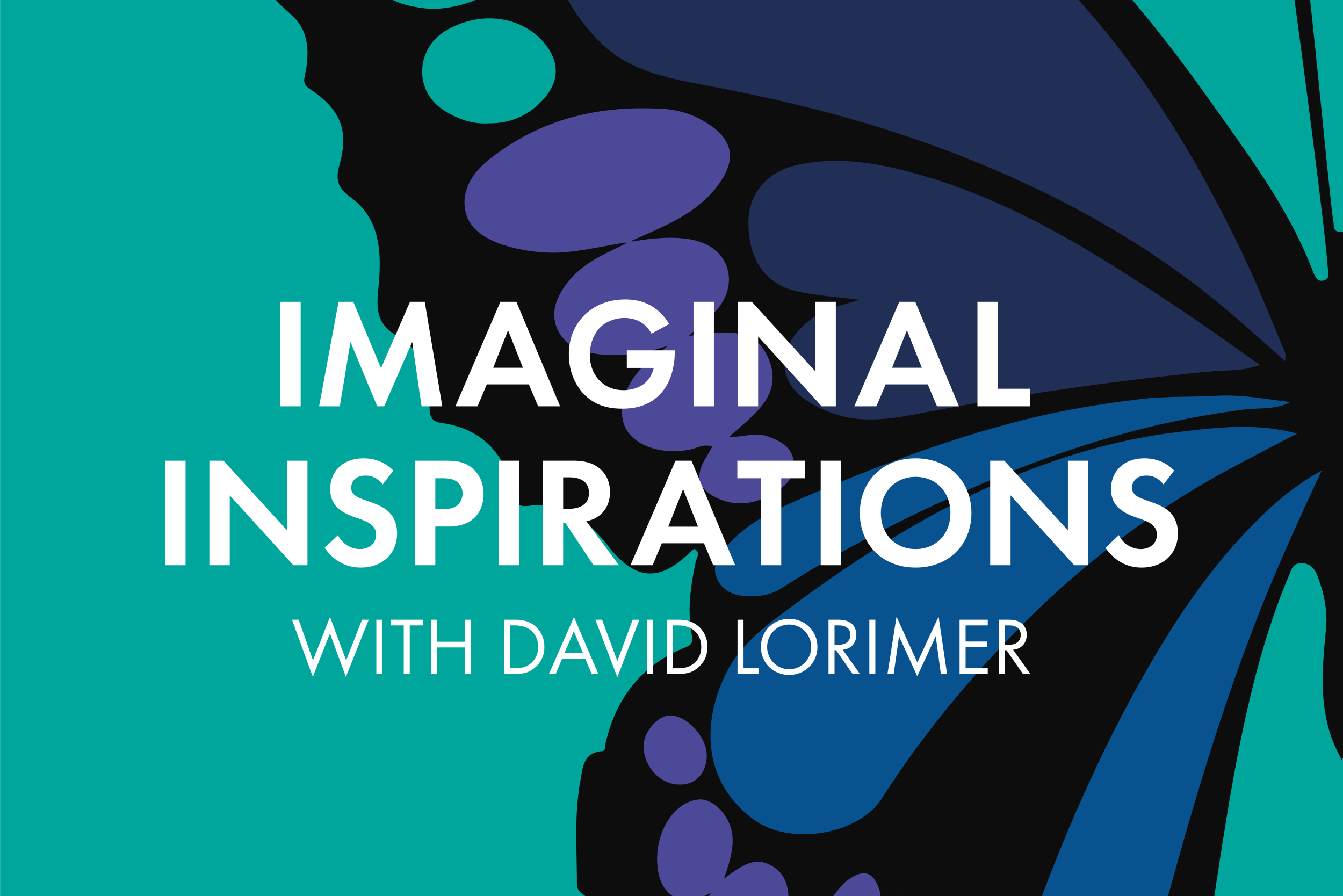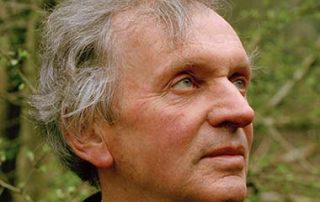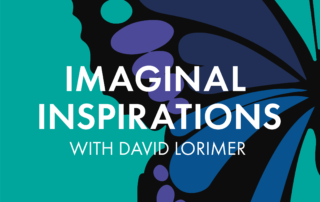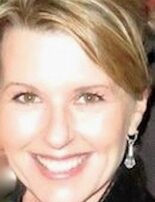
Expanding the Scope of Science
ORIGINS
David Lorimer introduces the Galileo Commission Report
REMIT
The Galileo Commission was founded in 2017 with a view to expanding the worldview of science beyond its limiting materialistic assumptions, which are seldom explicitly examined. A central and widely held assumption is that the brain generates consciousness and is therefore extinguished at death.
Following widespread consultation in 2018 with 90 advisers representing 30 universities worldwide, we have published the Galileo Commission Report, written by Prof Dr Harald Walach and entitled Beyond a Materialist Worldview – Towards an Expanded Science. The report has been widely endorsed as a groundbreaking document, so we encourage you to support our movement by joining the Galileo Commission either as a Professional Affiliate or a Friend. There is also a Summary Report and a Layman’s Report, and a brief summary of the argument is available in a number of languages. We encourage you to read and support Dr Athena Potari’s Call for a Renaissance of the Spirit in the Humanities and to read our edited book Spiritual Awakenings, which documents the transformative experiences of 57 scientists and academics.
A Call for a Renaissance of the Spirit in the Humanities
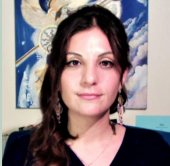 The “Call for a Renaissance of the Spirit in the Humanities”, written by Dr Athena D. Potari, is a pioneering project aiming to raise awareness regarding how the prevailing paradigm of materialism affects the ways in which knowledge is approached within the context of the Humanities. In line with the Galileo Report, which discusses the importance of liberating the positive sciences from the limitations of the paradigm of scientific materialism, this Call aims at making the case for the Humanities as well. The Call explores how recent developments in scientific studies on consciousness, and the ensuing understanding that consciousness is primary and unified, can inform our understanding of what it means to be “human” with correspondingly appropriate epistemologies, as well as how we approach key areas of human activity, including ethics, politics and the environment.
The “Call for a Renaissance of the Spirit in the Humanities”, written by Dr Athena D. Potari, is a pioneering project aiming to raise awareness regarding how the prevailing paradigm of materialism affects the ways in which knowledge is approached within the context of the Humanities. In line with the Galileo Report, which discusses the importance of liberating the positive sciences from the limitations of the paradigm of scientific materialism, this Call aims at making the case for the Humanities as well. The Call explores how recent developments in scientific studies on consciousness, and the ensuing understanding that consciousness is primary and unified, can inform our understanding of what it means to be “human” with correspondingly appropriate epistemologies, as well as how we approach key areas of human activity, including ethics, politics and the environment.What people say…
Featured book
Featured podcast
The Playful Universe – Marjorie Woollacott, David Lorimer and Gary Schwartz (Eds)
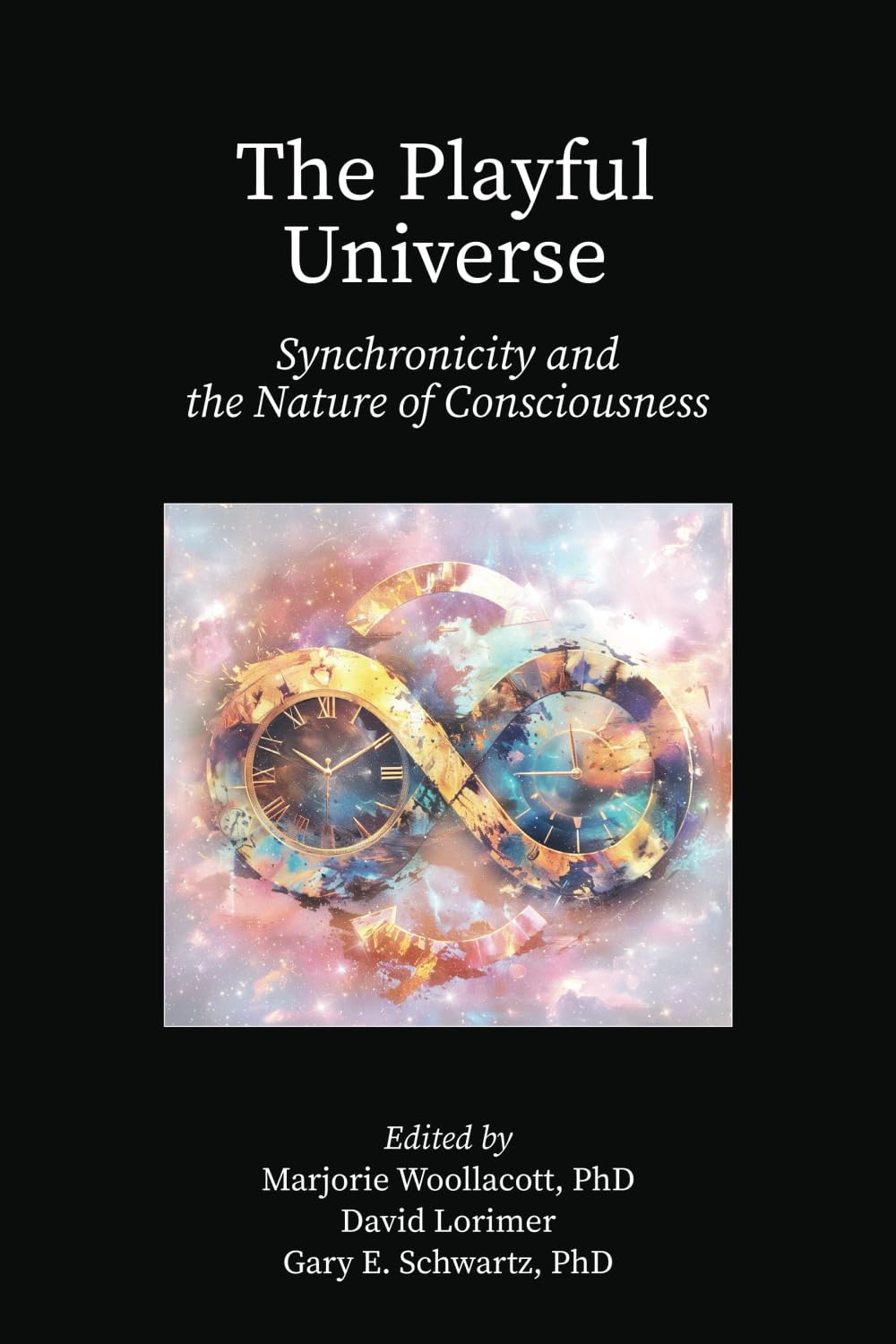
This volume consists of essays by scientists and academics describing their own experiences of synchronicity and how these experiences transformed both their worldview and the way they lived their lives. We truly believe that this is a fundamentally intelligent, benevolent, creative and playful universe in which we, as individual expressions of the one Universal Mind, co-create our reality.
Recent News
Rupert Sheldrake on the New Dawn Magazine
And that, ultimately, is the message of Science and Spiritual Practices – restore balance, heal yourself, help others, renew the world. Science relating to neuroplasticity and Sheldrake’s morphic resonance shows that our minds are malleable, even at the physical level. So-called ‘human nature’ appears more like a work in progress. This is not a road of no return; the future is what we make it. From timeless spiritual teachings to cutting-edge science, it is clear – or at least very strongly suggested – that everyone and everything is interconnected, interdependent, and from a single source. The implications of this are vast and cannot be ignored. When we change the way we look at things, the things we look at change.
Imaginal Inspirations with David Lorimer – Ravi Ravindra
Ravi Ravindra is a professor of Comparative Religion, Philosophy and Physics. He is the author of many books, including The Spiritual Roots of Yoga, The Gospel of St John in light of Indian Mysticism, and The Yoga of the Christ. As an international speaker, he often illuminates the common ground between Eastern and Western religions.
Article Review: Shared history of psychoanalytic and parapsychological traditions
Article Title Critically review the shared histories of the emergence of the ‘Freudian/ Kleinian psychoanalytic tradition’ and the ‘Spiritual Psychology/ Parapsychological tradition’. Can these traditions benefit from further
5% have had a near-death experience — and they say it made life worth living
According to Greyson’s research, near-death experiences are fairly common. Some 10 percent to 20 percent of people who come close to death report them — about 5 percent of the population at large.
Near-Death Experiences- Dealing with Skepticism (IANDS)
How do near-death experience researchers and people who have had NDEs or similar transformative experience handle skeptics? This panel of experiencers and researchers discusses materialistic skeptics and how to handle this contrary perspective. Panelists include Dr. Eben Alexander, MD; Neal Grossman, PhD; Stephan Schwartz, and Marjorie Woollacott, PhD. The moderator is Janice Miner Holden, EdD, a leading near-death and transpersonal experience researcher, president of the International Association for Near-Death Studies (IANDS) and editor of the "Journal of Near-Death Studies".
Imaginal Inspirations with David Lorimer – Marilyn Monk
Marilyn Monk is a molecular biologist. Studies include the mechanisms of replication and repair of DNA, cell signalling and intercellular communication, regulation of gene expression in development, deprogramming and formation of totipotent stem cells and transgenerational epigenetic inheritance. She also has a longstanding interest in philosophy, psychology, religion and spirituality and is qualified as a Psychosynthesis Counsellor and Alexander Technique Teacher.
